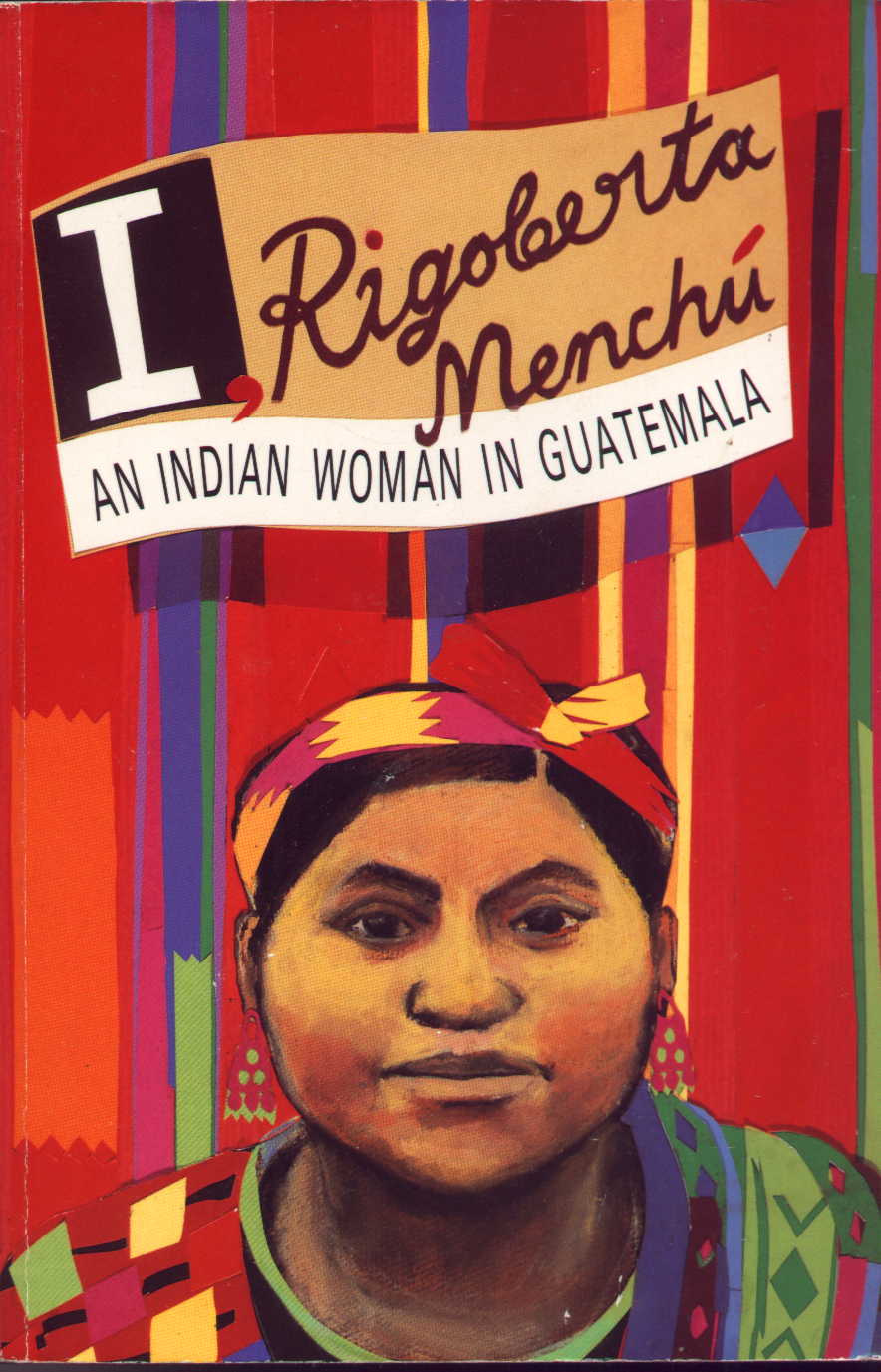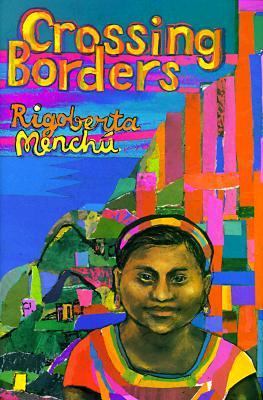


These two novels together make up the biography of the life of Rigoberta Menchú. This is her rendition of the events of her life, as narrated to her editor, Elisabeth Burgos-Debray. It was published in 1983 and translated from Spanish into twelve other languages, including English, in 1984. Although allegations arose that Menchú altered some aspects of her life, such as the killing of her brother and her educational background, it was found that her stories were based off of her actual experiences (and the experiences of her people) and that the purpose of those minor alterations was to highlight the mass atrocity that the Guatemalan government has committed against the Mayan people.
“In her story, Menchú gives a rich description of her family’s lifestyle and vivid descriptions of their poverty and the abuse of the Guatemalan armed forces. She speaks lovingly of her family, of her ancestral traditions, and of her homeland. Rigoberta Menchú’s masterpiece has touched me profoundly in that it shows that an ordinary woman can do something extraordinary for the benefit of mankind. In addition, her use of many Spanish phrases invokes deeper meaning and gives us a broader sense of her life. Her narration of the moment she received the Nobel Peace Prize in Crossing Borders is really inspirational because she maintained that the Prize was won for the entire Mayan people and by the Mayan people. Her story is truly remarkable.”
-Sreeja Kalapurakkel